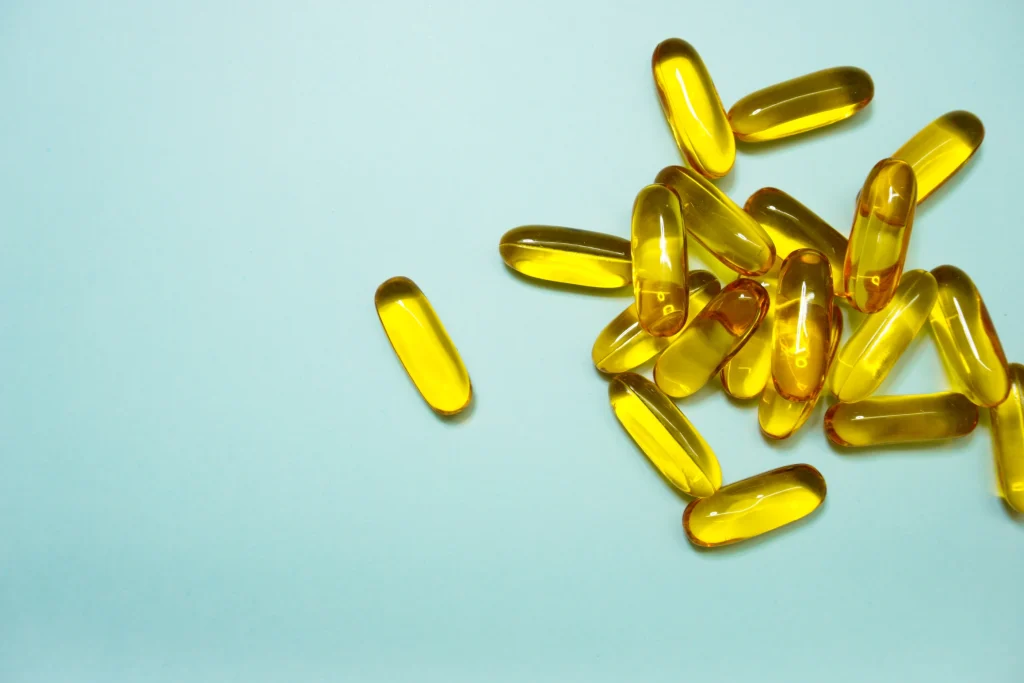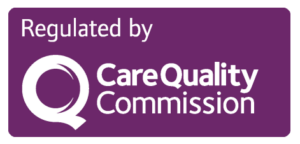In my clinic last week a 47 year patient came in clutching a large handbag, and poured onto my desk what looked like a pharmacy of supplements. She wasn’t sure quite what they did and hadn’t noticed any real benefits, but she was very aware she was spending a small fortune on them. She was living in hope that one of these would soon help her feel better, take away her fatigue, end her hot flushes, and give her zest for life back.
When I speak to most women with menopausal symptoms the majority are on or have tried numerous supplements. Women struggling in midlife, worried about side effects from medication, are vulnerable targets for the vitamin and supplements industry. Vitamins and supplements are big business. Each year in the UK we spend around £442m on them. But are they safe?
Unlike medicines that are regulated for quality and efficacy by the MHRA, supplements are not regulated within Europe. That means there’s no way to know exactly what’s in them. We sometimes forget that vitamins are chemicals usually manufactured in a factory. Vitamins are tiny molecules and so tablets need to be bulked up using preservative bulking agents and other chemicals that are not checked. Investigations into the composition of several brands of supplements found many don’t contain what they say they do and often make misleading or unproven health claims.
Although there are studies that show the health benefits of fruit, vegetables and oily fish, these have just been extrapolated with the presumption that the vitamins and minerals found in these food would be equally beneficial. This has however not been proven, in fact overarchingly the evidence is now pointing to the fact that regular consumption of unregulated vitamins can do more harm than good. Some studies show that heart disease and cancer are higher in those who take unregulated vitamins on a regular basis. The Iowa Women’s Health Study found that the use of multivitamins was associated with increased mortality risk in older women. Twenty percent of drug induced liver failure is due to supplements. At high doses, supplements are drugs.
Many women in midlife take phytoestrogens in the form red clover or isoflavones, as supplements to help with menopause symptoms. Some get good relief. However, it is worth knowing that women who cant take HRT due to breast cancer risk, should also not take phytoestrogen supplements as they can trigger oestrogen receptors.
Nutrients found in foods can protect us from diseases, so we should focus on our diet rather than buying supplements. Most vitamins have a narrow therapeutic range- and this is easy to control when consumed through food but not with supplements. When we concentrate on one vitamin, mineral or nutrient in a supplement, we miss out on the other phytonutrients found in plant foods that contribute to overall health. As a doctor who screens patients with symptoms for nutritional deficiencies, and prescribes supplements when found to be lacking, I will continue to do so. But what I say to my patients is that supplements should never be used in place of real food. Don’t underestimate what a nutrient-packed salad can do for you compared to a pill made in a factory.



